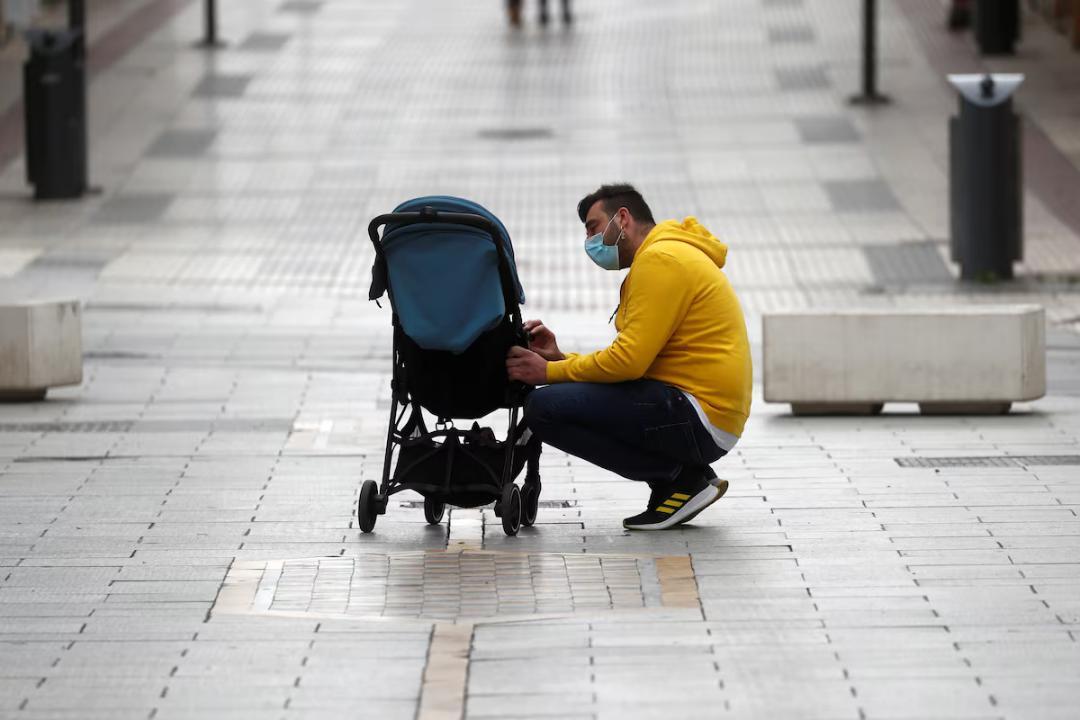
Spain to Offer 17 Weeks of Parental Leave to Both Mothers & Fathers
In a significant move towards gender equality, Spain has announced plans to extend its parental leave policy to 17 weeks, with both mothers and fathers being entitled to equal, fully-paid leave after the birth of a child. This milestone decision comes as a major step forward in promoting work-life balance and supporting families in the country.
As of next year, Spain will join Finland as the only EU countries to offer equal, fully-paid birth leave to both parents. The new policy is expected to take effect in January 2026, with the government committing to provide 17 weeks of paid leave, which is one of the most generous parental allowances in Europe.
The announcement has been hailed as a major victory for feminism and a significant step towards achieving greater gender equality in the workplace. According to the Spanish Minister of Labor and Social Economy, Yolanda Díaz, “Spain is moving towards feminism…and there’d be no turning back.” This bold statement reflects the government’s commitment to promoting equal opportunities for women and men, particularly in the context of family responsibilities.
The existing parental leave policy in Spain, which was introduced in 2000, allowed mothers to take up to 16 weeks of paid leave, while fathers were entitled to four weeks. However, this disparity has been criticized for perpetuating traditional gender roles and limiting the opportunities for men to take on caring responsibilities.
The new policy is designed to address these issues and promote greater gender equality in the workplace. By providing equal, fully-paid leave to both mothers and fathers, the government aims to encourage men to take on more caring responsibilities and reduce the burden on women. This, in turn, is expected to have a positive impact on women’s participation in the workforce and their overall career prospects.
The benefits of this policy are multifaceted. Firstly, it will provide parents with a longer period of time to bond with their newborn, which is essential for the child’s development and well-being. Secondly, it will allow parents to better manage their work-life balance, which is critical for reducing stress and improving overall well-being.
Furthermore, the policy is expected to have a positive impact on the economy. By providing parents with more time off work, they will be more productive and focused when they return to the workplace. This, in turn, is expected to lead to increased economic output and a more competitive labor market.
The government’s decision to introduce equal, fully-paid birth leave to both parents is not only a positive step towards gender equality but also a recognition of the importance of family and the need for greater work-life balance. As the world of work continues to evolve, it is essential that policies are in place to support families and promote greater equality and fairness.
In conclusion, Spain’s decision to offer 17 weeks of parental leave to both mothers and fathers is a significant step forward in promoting gender equality and supporting families. This policy is a testament to the government’s commitment to creating a more equal society and is expected to have a positive impact on the workforce, economy, and society as a whole.
Source:






